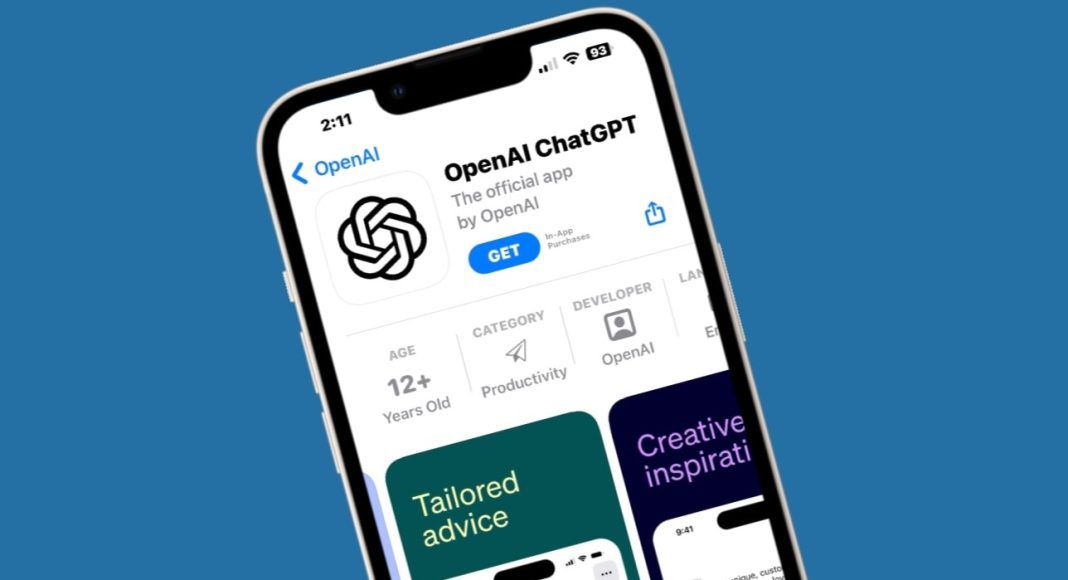OpenAI has introduced ChatGPT Atlas, the first “intelligent” browser based on ChatGPT, which is currently available for macOS (but will soon also come to Windows, iOS and Android). This is a strategic step for Sam Altman’s company, introducing artificial intelligence directly into the tool that is used most every day: the browser. With Atlas, OpenAI enters into direct competition with Google Chrome and Safari, offering a browsing experience that combines AI and the Internet in a single ecosystem.
Built on the Chromium engine, Atlas maintains the classic navigation functionalities of tabs, bookmarks, incognito mode and adds a level of conversational interaction: you can open a new tab and ask ChatGPT to search, summarize or compare information without going through the usual search engines. A sidebar also allows you to ask ChatGPT about any page in real time: the AI analyzes the content and provides contextual answers, suggesting text enhancements or modifications.
Read also:
The new iPhone 17 is a real hit – sales increased by 14 percent
One of the biggest innovations is the browser’s memory: Atlas remembers searches, visited pages and actions performed, suggests next steps or automates routine tasks. All information is under the control of the user, who can view, modify or delete the memory, while in incognito mode the chronology is automatically turned off.
During the streaming presentation, OpenAI also announced Agent Mode, in preview for Plus and Pro users: a system that can perform autonomous tasks, such as planning trips, booking services or completing complex tasks, by moving the cursor itself. Atlas allows natural language commands, such as “reopen the page with the shoes I was looking at yesterday” or “clear my tabs,” to be executed automatically.
In terms of security, Atlas brings advanced parental controls and agent mode restrictions, as well as the ability to manage in detail which pages ChatGPT can see or remember. All functionality is compatible with existing ChatGPT tools, including deep search, image generation, study mode, and personalized instructions.
Atlas is currently only available for macOS 12+ on Macs with Apple Silicon chips, but will soon be coming to Windows, iOS, and Android. Users can import bookmarks, passwords, and history from their current browser. There are free and paid versions (Plus, Pro, Business), while Enterprise and Edu versions are still in beta.
With Atlas, OpenAI is changing the paradigm of the internet: from a neutral window for accessing the internet, to a digital assistant that navigates and thinks alongside the user. Thus begins a new era of intelligent navigation.
